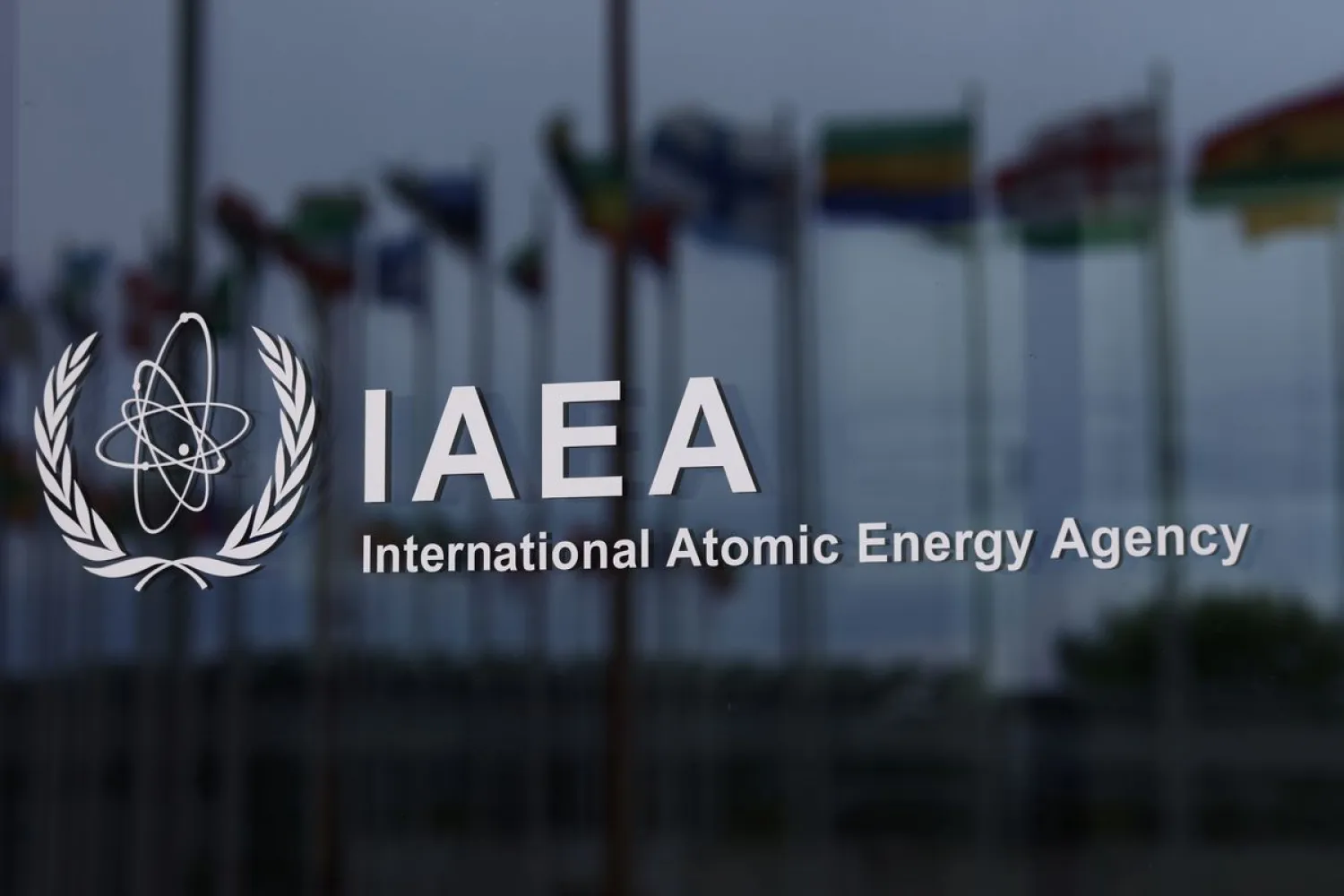Iran is ready to continue its cooperation with the UN nuclear watchdog, Iranian Foreign Ministry spokesman Nasser Kanaani said on Monday, calling on the agency "not to yield to Israel's pressure" over Tehran's nuclear activities.
The International Atomic Energy Agency's Board of Governors meet on Monday, three months after adopting a resolution urging Iran to give credible answers to the agency's investigations into uranium traces at three sites in Iran.
On Saturday, Britain, France and Germany said they had "serious doubts" about Iran's intentions after it tried to link a revival of the 2015 nuclear deal with a closure of the UN watchdog's probes into the uranium traces.
Iran, which denies seeking nuclear arms, has since the US walkout itself breached the deal with ramped-up uranium enrichment, a process that can create bomb fuel down the line.
Israel is not a party to the Vienna talks to revive the nuclear deal. But its worries about Iran and threats to take military action against its arch-foe if it deems diplomacy a dead end keep Western capitals attentive.









